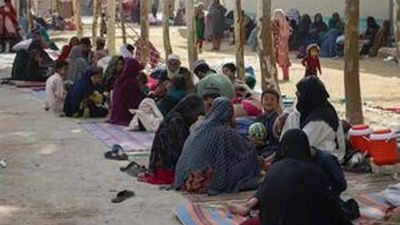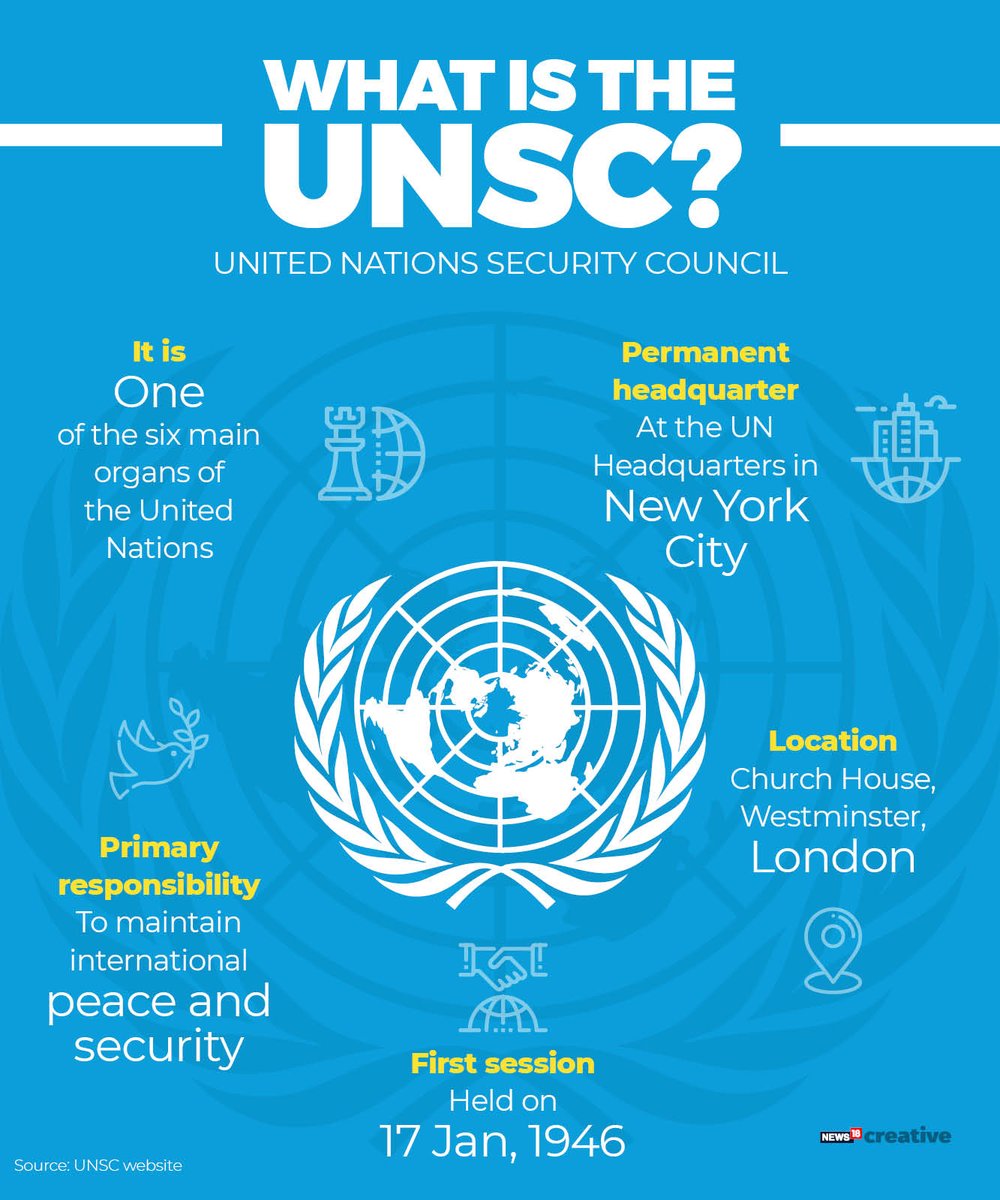UNSC Resolution 2615

Copyright infringement is not intended
Context: The United Nations Security Council (UNSC) unanimously passed a resolution permitting a carveout in sanctions against the Taliban to facilitate the delivery of humanitarian aid to Afghanistan.
More about news:
- The resolution is put forward by the U.S.
- The resolution (2615) mandates a review of the carveout every six months.
- It “strongly encourages” providers of assistance to try and ensure that benefits do not accrue to entities designated on the 1988 Sanctions List.
- It also requests that an Emergency Relief Coordinator brief the UNSC every six months on the delivery of assistance and any obstacles to implementation.
- It “calls on all parties” to respect human rights and observe international humanitarian law.
- Humanitarian assistance should be based on the principles of neutrality, impartiality, and independence and disbursement to the age should be non-discriminatory and accessible to all irrespective of ethnicity, religion, or political belief.
- The assistance should reach the most vulnerable first, including women, children and minorities.”
- Resolution 2593, called on the Taliban to not permit Afghanistan to become a training ground for terrorists.
Why this resolution is adopted?
- UN agency UNICEF had warned of “alarming disruptions in health and nutrition services” in Afghanistan and “a disastrous food crisis,” drought and the spread of diseases in a report.
- The U.S. and other countries had frozen more than $10 billion after the Taliban ousted the Ashraf Ghani government in August this year.
- The United Nations Development Program (UNDP) had released a report saying the country’s banking and financial report are “in disarray.”
What is UNSC?

More about India at UNSC:
- India has taken over the presidency of the United Nations Security Council and will be in line for the presidency next in December 2022.
- The UN Security Council is composed of 15 members, including five permanent member states.
- Each non-permanent member gets the opportunity to work as UNSC president.
- This is not the first time India has taken over the presidency of the United Nations Security Council (UNSC).
- India began its eighth term as a non-permanent member of the UNSC on January 1 and will remain as such for a period of two years.
- India's bid for a permanent seat at the UN Security Council has support from four of the five P5 nations, namely the US, UK, France and Russia.
- China is the only permanent member which is yet to officially back India's bid.
Composition of UN Security Council
- The UN Security Council is composed of 15 members, including five permanent member states - China, France, Russian Federation, the United States, and the United Kingdom - and 10 non-permanent member states elected by the United Nations General Assembly (UNGA).
- Ten non-permanent members are elected to the UNSC every year for a two-year term. India's current term began on January 1 of this year and will last until December 31, 2023.
- The 10 non-permanent seats are distributed among the regions of the world: five seats for African and Asian countries (three are for Africa and two for Asia), one for Eastern European countries, two for Latin American and Caribbean countries, and the remaining two for Western European and other countries.
- The Africa and Asia Pacific group takes turns every two years to put up an Arab candidate.
Powers of the UNSC President
- The presidency derives responsibility from the Provisional Rules of Procedure of the United Nations Security Council as well as UNSC's practice.
- The holder of the presidency is considered to be the 'face' and spokesperson of the UNSC.
- The UNSC president is also authorised to issue both presidential statements (subject to consensus among Council members) and notes, which are used to make declarations of intent that the full Security Council can then pursue.
Responsibilities of the UNSC president include:
- Calling meetings of the UN Security Council
- Appealing to parties in a conflict to "exercise restraint"
- Reading statements of the UN Security Council to the press
- Approving provisional agenda (proposed by the secretary-general)
- Presiding at UNSC meetings and deciding questions relating to policy and overseeing any crisis
Veto power of UNSC member states
- The UN defines 'veto' as a "special voting power", which provides that "if any one of the five permanent members cast a negative vote in (UNSC), the resolution or decision would not be approved".
- However, the "veto power" is restricted to P5 member states of the UN Security Council. Non-permanent members of the UNSC do not enjoy this privilege.
- Article 27 of the UN Charter says each member of the UNSC shall have one vote and that decisions on "procedural matters" shall require no more than the affirmative vote of nine out of the 15 members.
- Decisions on any other matter need not only an affirmative vote of nine members but also the concurring votes of the permanent members.
https://www.thehindu.com/news/international/unsc-adopts-resolution-to-ease-afghan-aid/article38015633.ece?homepage=true



1.png)
